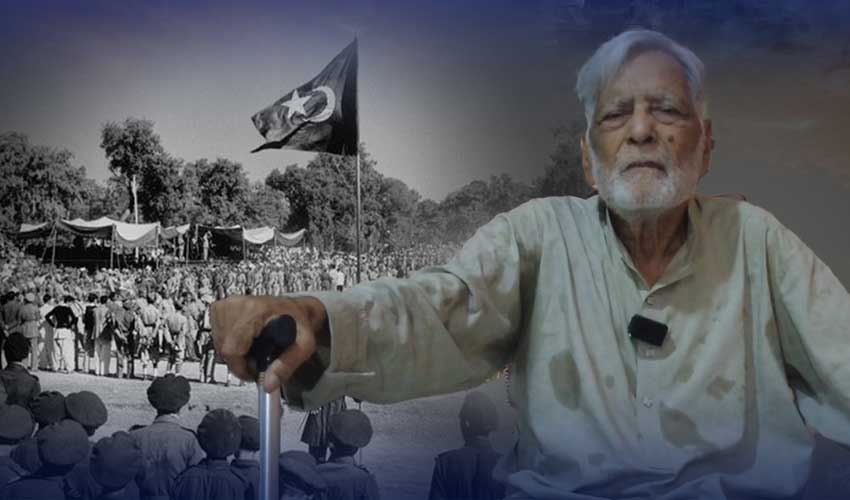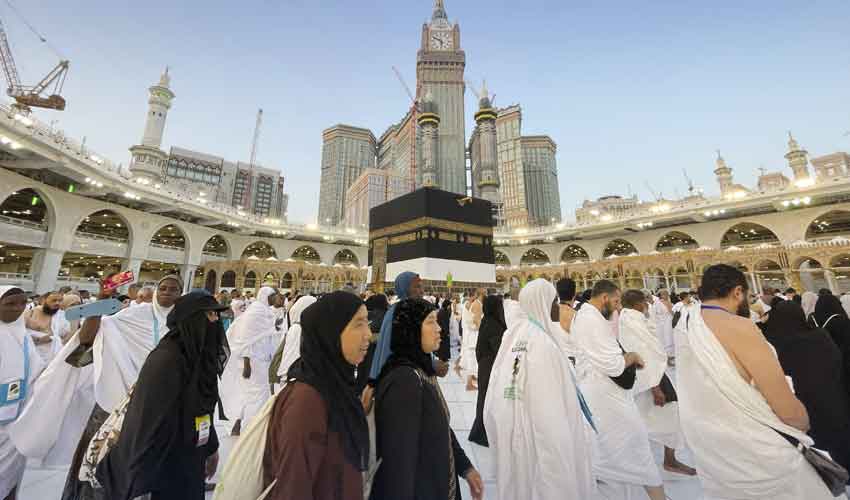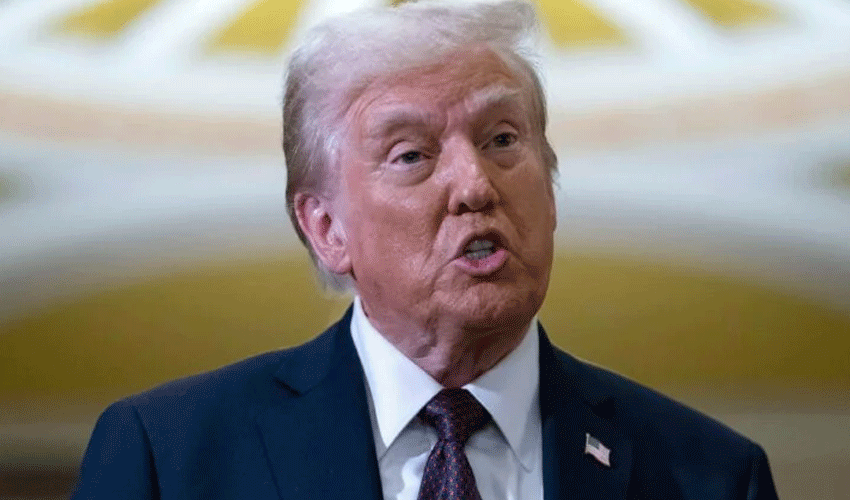Retired Major Sabir Hussain, who served in the Pakistan Army during the 1971 war, has challenged the widely accepted narrative surrounding the events of that troubled time.
Major Hussain, who joined the Pakistan Army in 1954, was posted in the Chittagong region of East Pakistan during the conflict.
Contrary to prevailing accounts of human rights violations attributed to the Pakistan Army, Major Hussain boldly denies any wrongdoing on their part.
"During the 1971 war, there were no human rights violations on our part," asserted Major Hussain, countering what he describes as false, fabricated, and baseless allegations against Pakistan.
Major Hussain shifts the blame towards the Mukti Bahini, an organization he labels as a "terrorist" group with full support from India.
According to him, India provided arms to the Mukti Bahini, while the Pakistan Army was allegedly deprived of necessary ammunition.
"It was our bad luck that we didn't have the ammunition with which we could fight the terrorist Mukti Bahini, but still, the Pakistan Army bravely fought them," Major Hussain stated.
He further claims that the Mukti Bahini inflicted atrocities on residents and Biharis of East Pakistan, asserting, "Terrorist Mukti Bahini, Indian Army, and Bengali insurgents massacred the people of Bihari and West Pakistan."
Major Hussain said that the Bihari community, though supportive of the Pakistan Army, suffered greatly due to their lack of strength.
Major Hussain concludes by characterizing the Mukti Bahini as a terrorist organization receiving support in the form of arms and provisions from India.
These revelations challenge the conventional narrative of the 1971 war, prompting a reevaluation of the events that transpired during that critical period in South Asian history.



























